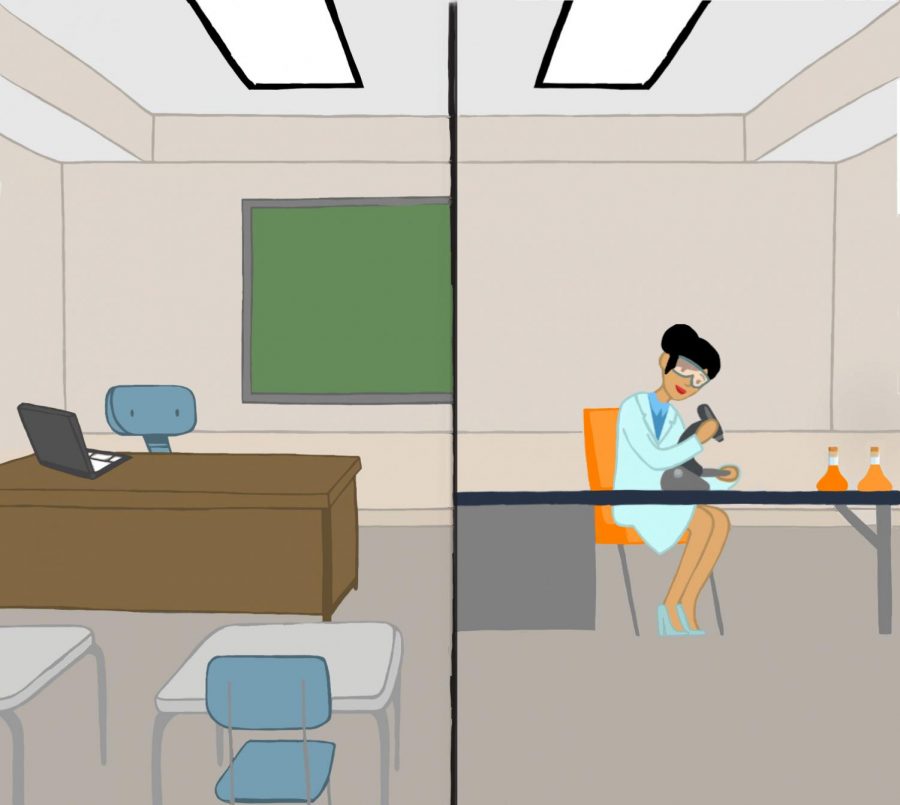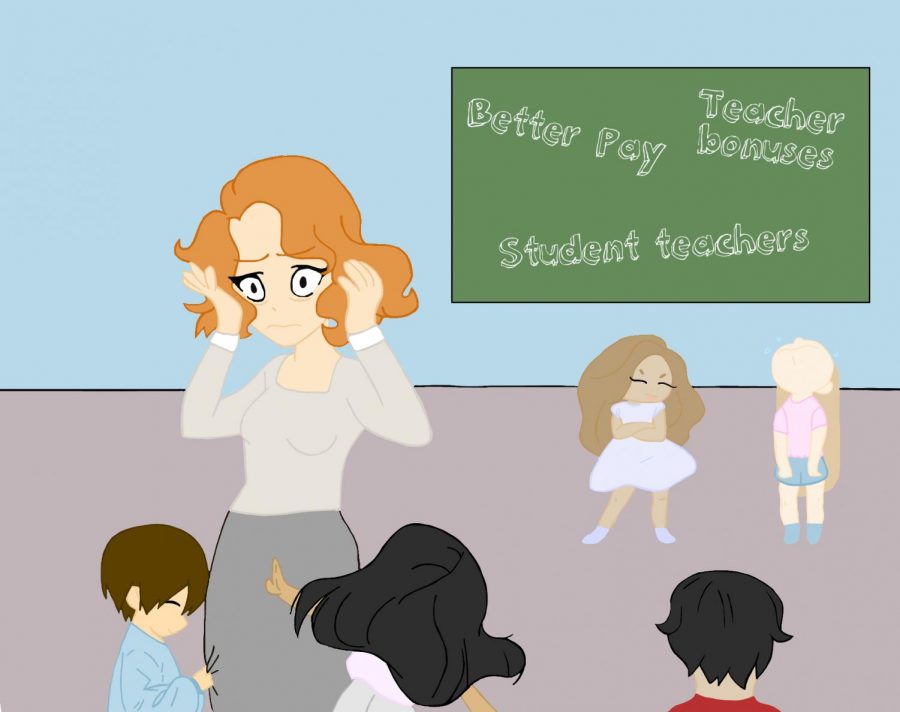Sleep usually ends up at the bottom of the priority list for many teenagers, falling behind homework, television shows, communication with friends and multiple other reasons. The next morning, teenagers drag themselves out of bed in order to get to school on time, feeling groggy and desiring to turn around and crawl back into bed.
The problem with the false mentality that sleep is not of great importance is that sleep is in fact one of the most important parts of the different body processes especially for teenagers. Sleep, a necessity in order to maintain a healthy life, lacks in importance for many high school students who do not get anywhere near the actual amount that they need (see Page 6).
According to kidshealth.org, teenagers’ circadian rhythms (biological clocks) are reset, which makes it more difficult for teens to fall asleep early (typically it is difficult to fall asleep before 11 p.m.) and to wake up when the alarm goes off in the morning. Due to this change, high school students should be getting around nine or more hours of sleep, instead of just the eight hours normally suggested.
By the time students get to sleep they are not getting anywhere the nine hours required to wake up refreshed and ready to go for the day. According to an article from studentpulse.com, an online academic student journal, over 50 percent of high schoolers get seven hours or less of sleep.
One of the biggest reasons behind the lack of sleep is how much students have to do. Seven hours of classes start at 7:40 a.m., followed by after school activities or part-time jobs, and then coming home to hours of homework. The pressure to do well in school can keep students up even longer since they feel the absolute need to finish every homework assignment perfectly or to cram for a test the next day. In reality, it is best to study in small portions the night before and go to sleep at a normal time because it will help to remember the information better than staying up late to cram for the exam.
Without the sufficient amount of sleep, students suffer mentally, emotionally and physically. Sleep deprivation causes slowed responses and a loss of concentration and energy. Lack of sleep has also been linked to feelings of sadness and depression, according to kidshealth.org. Of course, there is also the consequence of falling asleep during a lecture, which a majority of students have done at least once throughout their school careers. All of this can cause a detrimental effect on students’ grades.
Sleep needs to be seen as more important in the eyes of students. There is nothing we can do to change the early start time of school, but we can change the amount of sleep that we get each night. Making a few simple changes to the daily schedule can make the biggest difference in the hours of sleep.
For example, always starting homework as soon as someone gets home will allow him or her to finish it earlier than if he or she waited an hour before working on it. Simply recording a late television show or going to bed an hour earlier can make a huge difference in how awake someone is the next day.
We cannot allow a lack of rest to become a deciding factor of our grades and our performance in more than just school. Our bodies need to sleep to rejuvenate and to be able to complete the different tasks throughout our day, whether it be staying awake in class or performing well in a sports meet. Even one extra hour of sleep can make a huge difference.







